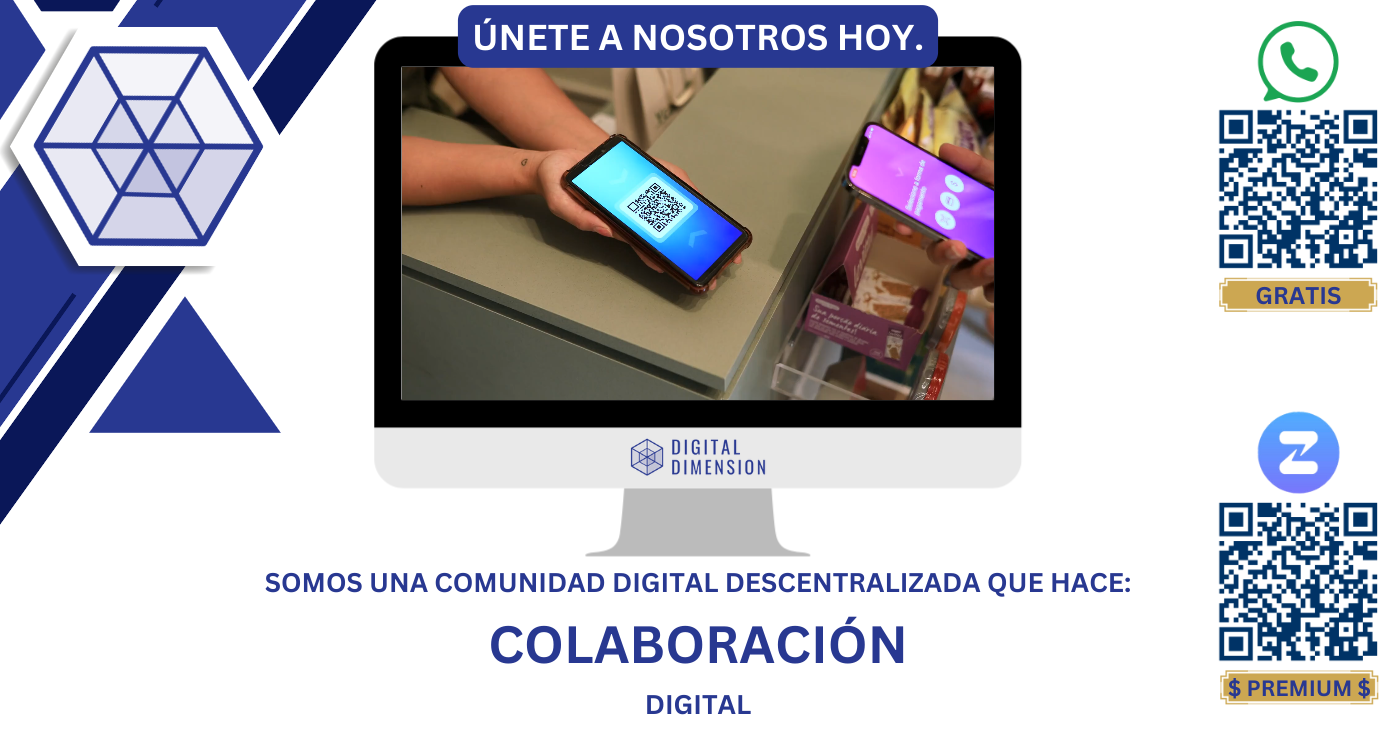Welcome back, esteemed business owners and professionals! In our previous discussion, we explored the world of XRP and the functionalities it provides within the Ripple network. A crucial point that we touched on was the origin of this system: the OpenCoin project. In this article, we’ll delve deeper into the concept of open source technology and how it’s shaping the future of commerce.
The Genesis of Ripple and XRP: OpenCoin
The history of Ripple and XRP is a testament to the power of open source innovation. Co-founded by Chris Larsen and Jed McCaleb, the OpenCoin project emerged in 2012 with the vision of creating a decentralized solution for online transactions. This project developed the Ripple Transaction Protocol (RTXP) and its internal cryptocurrency, XRP.
In 2013, OpenCoin rebranded to Ripple Labs, and later to Ripple in 2015. Despite the change in names, the foundational open source technology remained the same, consistently focusing on revolutionizing online transactions.
What is Open Source Technology?
Open source refers to something that can be modified and shared because its design is publicly accessible. In the context of software, open source means that source code is freely available and can be altered or improved upon by anyone. This approach encourages transparency, collaboration, and community-oriented development.
Open Source: Powering Commerce
Open source technology, like that behind XRP and the Ripple network, is shaping the future of commerce in several key ways:
1. Innovation: Open source allows for collaborative problem-solving, leading to innovative solutions. By enabling anyone to improve upon existing code, open source accelerates technological development.
2. Customization: With access to the source code, businesses can tailor software to their specific needs, improving efficiency and aligning the technology closely with their goals.
3. Cost-Effectiveness: Open source software can often be used free of charge, reducing overhead costs. Moreover, community-driven support and development can result in lower maintenance and troubleshooting costs.
4. Security: Open source software is often considered more secure because it is continuously reviewed by a global community of developers who can spot and fix vulnerabilities.
5. Freedom & Flexibility: Open source technology frees businesses from reliance on a single vendor or platform, reducing the risk of price hikes or software discontinuation.
The story of Ripple and XRP serves as an example of the power of open source. Starting from the OpenCoin project, it has evolved into a global payment protocol, offering fast, low-cost international transactions. This trajectory illustrates how open source technologies can disrupt traditional business models and create new opportunities for efficiency and growth.
As we continue to explore the digital frontier, the role of open source technologies in shaping the future of commerce will undoubtedly become even more prominent. We encourage all forward-thinking business owners and professionals to consider the potential of these technologies and how they could impact your business operations. The future is open!

